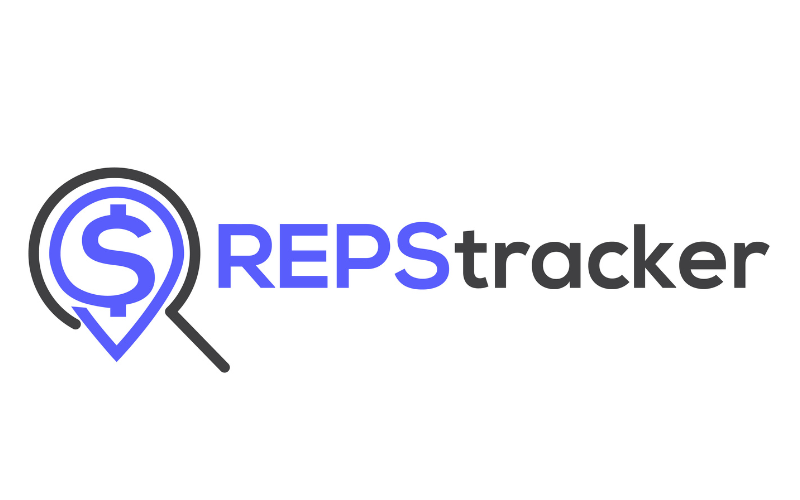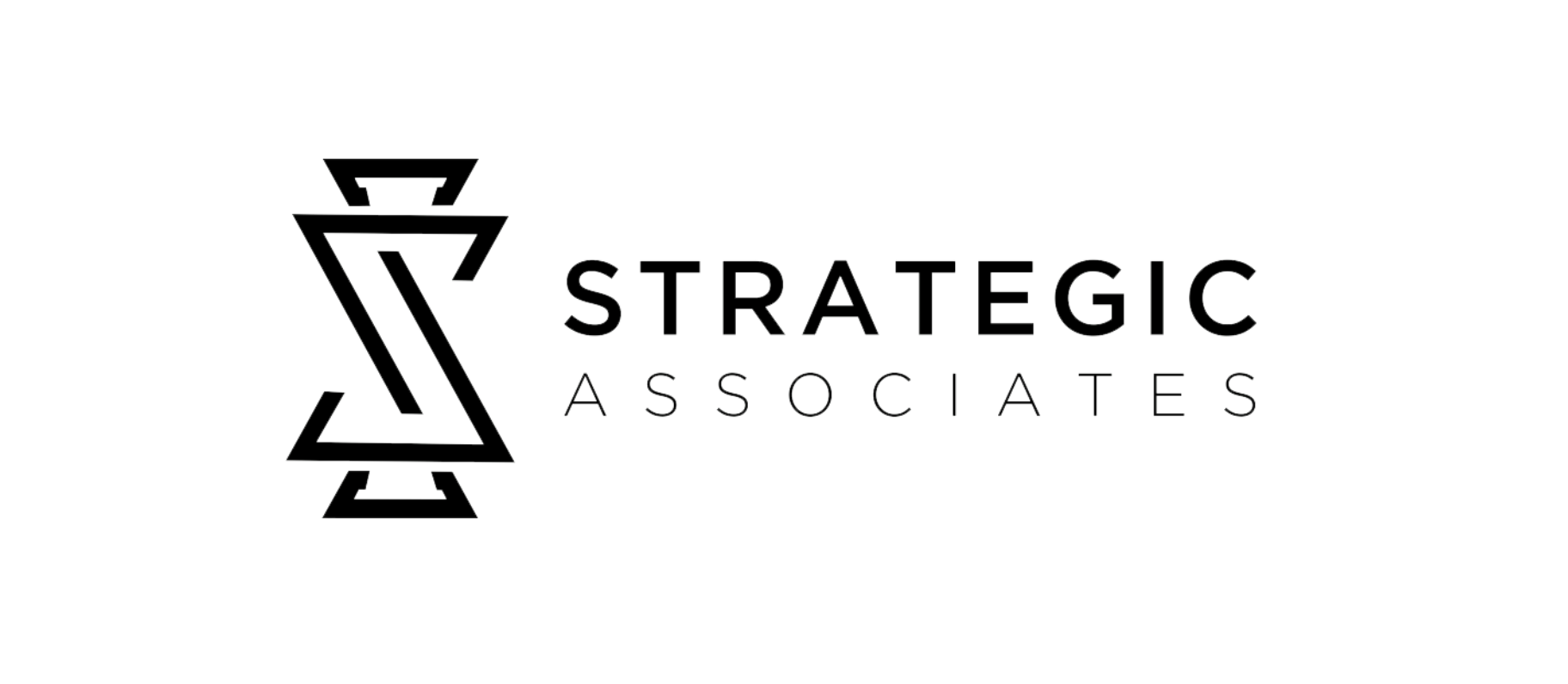Podcast

hide this section
Episode Summary:
In this episode of the Teaching Tax Flow podcast, hosts Chris and John dive into the critical question many homeowners face: should one sell or rent their personal property after moving out? This episode expertly navigates the tax implications, financial considerations, and emotional factors homeowners must weigh when making this decision. With practical insights and real-life examples, the hosts break down complex tax topics like the Section 121 exclusion and depreciation recapture, as well as explore the financial and emotional implications of turning a primary residence into a rental property.
The discussion kicks off with Chris detailing the Section 121 exclusion, which allows homeowners to exclude up to $500,000 in capital gains from the sale of their primary residence if they meet specific requirements. The hosts then delve into the realities of rental income and the benefits of depreciation deductions. They emphasize that blending tax strategies can often lead to the most beneficial outcomes. Financial considerations such as market conditions, cash flow, and long-term investments also come under the spotlight, alongside the emotional aspects that might influence an owner’s decision to sell or rent their property.
Key Takeaways:
- Section 121 Exclusion: Homeowners can exclude up to $500,000 in capital gains from tax if their property was their primary residence for two of the last five years.
- Depreciation Benefits: The rental property allows for depreciation deductions, reducing taxable income and potentially making rental income tax-free.
- Market Conditions: Understanding the real estate market is crucial—selling at a market peak might provide better financial outcomes than renting.
- Emotional Considerations: Long-standing personal connections to a property can influence the decision to rent rather than sell.
- Blending Tax Strategies: Effective tax planning often involves combining multiple strategies, like using the 1031 exchange to avoid depreciation recapture.
Notable Quotes:
- “Tax strategies don’t live in a bubble. They are meant to be blended together.” – Chris Picciurro
- “If you rent your property, the time starts ticking on you taking advantage of the Section 121 or capital gain tax exclusion.” – Chris Picciurro
- “When you have a significant capital gain, sometimes it’s the best move to sell and take that money tax-free.” – Chris Picciurro
- “Cash flow does not equal tax flow, meaning if you rent a property for $2,500 net, that doesn’t mean you have to pay tax on that $2,500.” – Chris Picciurro
- “Don’t let the tax tail completely wag the dog.” – Chris Picciurro
Episode Sponsor
Sunsets & Dinks
www.teachingtaxflow.com/pickleball
CODE: TTF15
- (00:04) – Sell or Rent Your Property: Key Considerations
- (04:54) – Tax Considerations When Deciding to Rent or Sell Your Home
- (08:00) – Navigating Real Estate Decisions and Market Timing
- (10:09) – Tax Implications of Renting Versus Selling Property
- (14:43) – Blending Tax Strategies for Optimal Financial Outcomes
- (18:09) – Maximizing Cash Flow Through Strategic Property Rental
- (21:45) – Navigating Market Conditions and Tax Implications in Property Management
- (22:37) – Financial and Emotional Considerations in Property Investment
- (24:50) – Converting Primary Residences to Rentals: Key Considerations and Timing
- (29:08) – Maximizing Equity and Rental Income in Real Estate Investments
- (29:41) – Upcoming Topics and Episode 100 Changes on Teaching Taxflow Podcast

Show Sponsors




